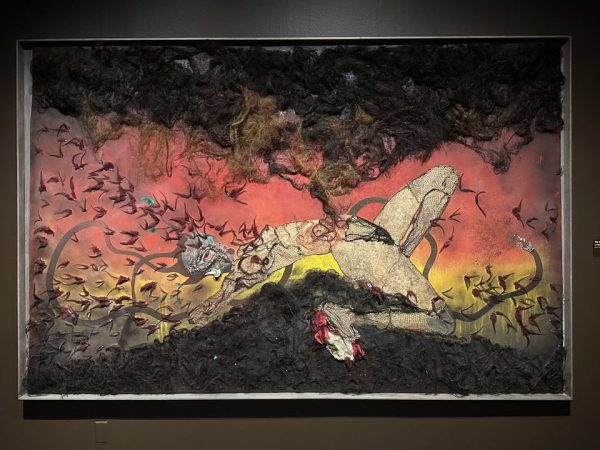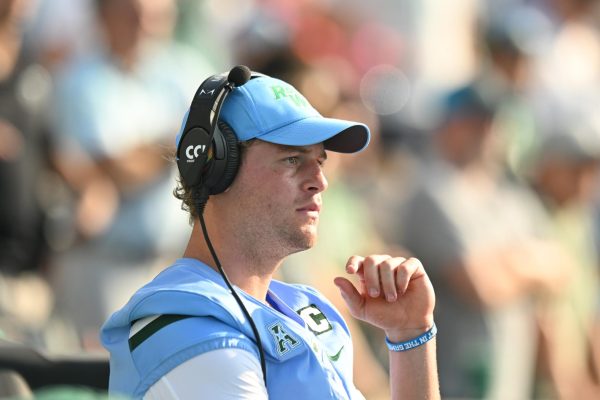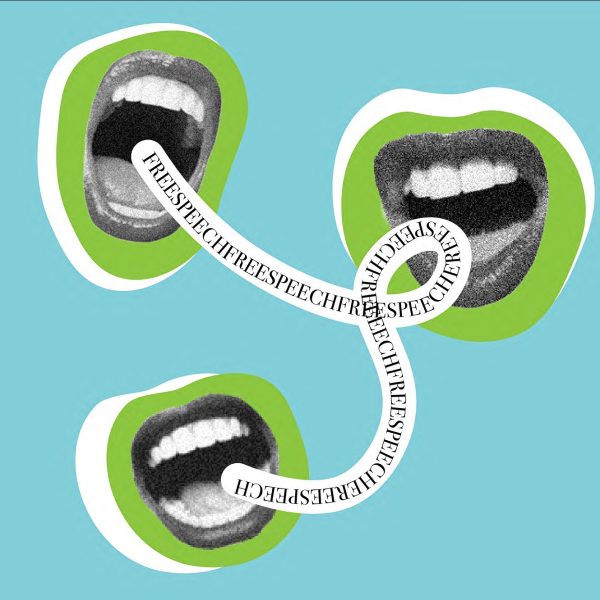Louisiana drug laws target minorities
April 8, 2015
The following is an opinion article, and opinion articles do not reflect the views of The Tulane Hullabaloo.
Louisiana incarcerates more individuals per capita than any other country in the entire world. More Louisianians are serving time for non-violent drug offenses than for any other crime—and not only are Louisiana drug laws unique in their severity, but they blatantly target minority individuals.
Because police specifically patrol high-crime neighborhoods in New Orleans, which have large minority populations, non-white New Orleanians are more likely to be caught for the same drug offenses that college students are committing on Tulane’s campus. Despite the fact that college campuses are a hotspot for drug exchange and use, police officers are more likely to target non-white offenders, as is evident in the disproportionate number of minority individuals in jail and prison.
Already disadvantaged non-white people do not face any leniency once they reach the courtroom. The U.S. average rate for inmates doing time for non-violent drug offenses is 48%. In Louisiana, this rate is 64%. Just three non-violent drug offenses can land you in Angola for a life sentence. Louisiana’s “tough on crime” laws include mandatory sentencing, three strikes, truth-in-sentencing, quality of life policing, zero tolerance and various other proposals that result in longer sentences and the elimination of rehabilitation programs. Individuals who commit second and third offenses will serve up to twice the maximum sentence, and for third offenses, it is even possible to receive life without parole.
It is no secret that college students are committing the exact same drug offenses that have been criminalized so that the state can legally lock away non-white individuals. As students on a mostly white, middle-to-upper class campus, we are privileged in our ability to use recreational drugs without fear of spending our lives in prison because of access to powerful lawyers and simply because of our status as students at a private university. As college students, we should be fighting against the harsh drug laws that are perpetuating inequality and discrimination based on race and class.
Amy Schully is a senior at Newcomb-Tulane College. She can be reached at [email protected]




















Leave a Comment